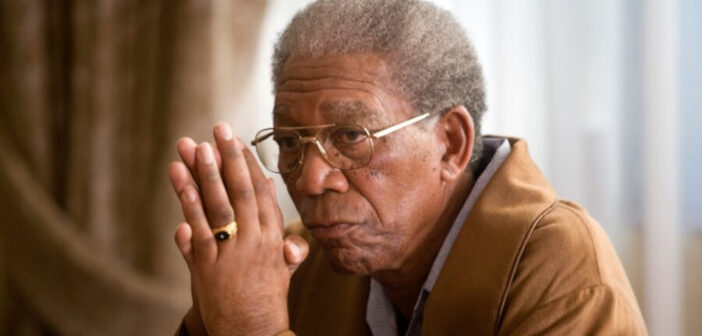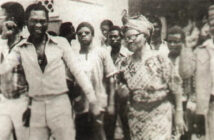According to Actor Morgan Freeman, words that are frequently used to refer to race ought to be banned. The actor expressed his desire to “say publicly” that he disapproved of the words “Black History Month” and “African American” in an interview with the Sunday Times.
The actor objected in a UK Times interview to both, saying ‘You’re going to relegate my history to a month?’ and that the latter phrase is inaccurate.
You’re going to reduce my past to a month? Freeman remarked of the first, labelling both a “insult.”
Freeman said he objected to “African American” because it was inaccurate.
“I don’t subscribe to that title. Black people have had different titles all the way back to the N-word and I do not know how these things get such a grip, but everyone uses ‘African American’.
By pointing out that many black individuals in the West were of mixed ancestry or “mongrels,” as he phrased it so simply, Freeman disputed the meaning of the epithet. Morgan Freeman has previously voiced his opposition to Black History Month as well. The actor made the same point in a slightly different way during an interview with 60 Minutes two years prior.
The ‘Shawshank Redemption’ actor said to Mike Wallace in 2021, “It makes no more sense to have a Black History Month than to have a Jewish History Month.” Freeman emphasised that American history, including Black history, should be taught all year long, not only during “Black History Month.”
“What does it really mean? Most Black people in this part of the world are mongrels. And you say Africa as if it’s a country when it’s a continent, like Europe.”
The actor had previously expressed his disapproval of both words to the Guardian in 2012, claiming that he didn’t like “African American” “because ‘Black’ is wonderful. One syllable as opposed to seven.
He expressed opposition to the implied ghettoization that comes with designating February as Black History Month.
“Black history is American history; they’re completely intertwined.”
When questioned by the Times if he agreed with Denzel Washington’s remark that he was “very proud to be Black, but Black is not all I am,” he responded, “Black is not all I am.” “Yes, exactly,” Freeman replied. Absolutely, I agree. You cannot characterize me in that way.
Freeman, who is now 85, also thought back on his career and expressed some sadness at the narrower scope it has recently covered. He remarked, “When my career started in film I wanted to be a chameleon,” he said. “I remember De Niro early on doing very different parts, almost unrecognizable as the same actor. I had opportunities like that.”
“But as you mature in this business, eventually you become a star. Then you’re pretty screwed in terms of referring to yourself as a character actor. You play a lot of the same type of role – people hire you and say, ‘It’s you that I want.’ And you live with it, I don’t think I’ve done much in the last 10 years that was much different. Driving Miss Daisy and Glory were different.”
“Now? It’s just … me. The character will adapt itself to you rather than the other way round, so I do what piques my interest. Sometimes it’s just the money alone.”
Originally called Negro History Week, which was first established in 1926 by historian Carter G. Woodson, was later replaced by Black History Month. In 1970, the week was extended to a month. Morgan Freeman is not alone in expressing displeasure at the concept of Black History Month.
Black History Month has been a divisive idea since its inception. Many educators questioned whether it was proper to relegate Black history to just one month, as opposed to including additional teachings about Black culture and tradition throughout the entire school year. Others were concerned that having February designated as Black History Month may encourage teachers in some areas of the nation to limit all of their lessons about Blacks to February.




